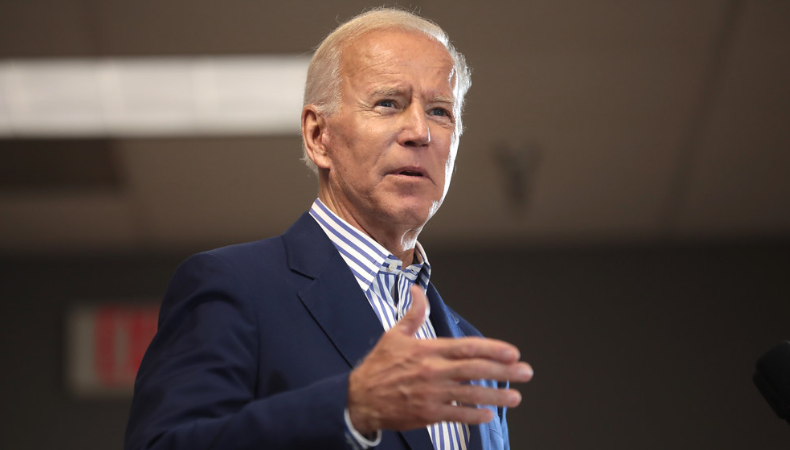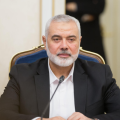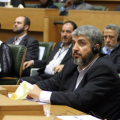Assassinations Across the Middle East is Making Biden Lose Hope

Early this week, the White House minimized worries about an all-out conflict in the Middle East, characterizing them as “exaggerated.” By midweek, though, the situation had grown rather more hazy.
A Volatile Region
In the Middle East, where stability is sometimes ephemeral, major changes can happen in a short period. For President Biden, the political head of Hamas in Iran and the recent killings of a Hezbollah commander in Lebanon have fundamentally changed the geopolitical scene and raised the apparent threats. These deliberate executions have upset the already precarious equilibrium in the area, so aggravating U.S. attempts to control the continuous clashes.
Though apparently well organized, the assassinations have rocked the area. Both Hezbollah and Hamas are powerful organizations with large following and networks, hence the killing of their leaders could inspire reprisals. With rising tensions across borders, the immediate following saw different factions’ military readiness improving.
Ambassador Biden’s Diplomatic Objectives
President Biden had planned to use his remaining time in office to reach important diplomatic benchmarks as a lame duck president free from the weight of an approaching election. His government sought to cease the fighting in Gaza and maybe negotiate a historic accord between Saudi Arabia and Israel, so changing the Middle Eastern geopolitical scene. At least in the near future, the recent killings have made these goals more difficult, though.
Biden’s vision for the area was one of a stable environment where political changes and economic prosperity could find roots. Along with stopping hostilities, the goal was to establish a basis for long-lasting peace by diplomatic activities and calculated alliances. But the latest violent escalations could throw off these preparations and call for quick and strong reaction to control the crisis.
U.S. Diplomatic Work
The Biden government is still dedicated to bring security and peace in the area notwithstanding these challenges. Wednesday saw U.S. officials actively diplomatic, corresponding with colleagues in Israel, Lebanon, Iraq, Qatar, Egypt, Jordan, Saudi Arabia. Preventing the violence from spreading outside of isolated strikes and striving for a possible cease-fire agreement dominated the main objectives.
Along with high-level talks, the diplomatic interaction included on-the-ground assessments by U.S. envoys. These initiatives are meant to help one grasp the changing dynamics and create responses meant to stop more escalation. Using America’s relationships and sway in the area, U.S. officials hope to bring warring groups to the bargaining table.
Teams in Action: Negotiating
A group of American negotiators left Rome lately to help these initiatives; another team was on route to Cairo from Saudi Arabia. These diplomatic trips highlight how urgently and significantly the U.S. initiatives to broker a cease-fire and stabilize the area are. The proactive stance of the government shows a will to minimize the effects of the recent assassinations and stop more degradation of the conditions.
Seasoned diplomats and Middle Eastern affairs experts make up the negotiating teams. They bring not just the obligation to negotiate but also the need to rebuild confidence among regional partners. Their objectives include direct interventions meant to defuse conflict and create a cooperative atmosphere for peace negotiations as well as back-channel communications.
The Challenge Ahead
For President Biden and his team, the existing circumstances provide a major obstacle. Achieving a cease-fire in Gaza and advancing more general regional peace projects need negotiating a complicated web of political and military concerns. The assassinations have added fresh elements to the equation, so complicating the road to peace.
Keep On Reading
The internal dynamics of the relevant countries aggravate these difficulties. Domestically political events greatly affect foreign policy decisions in Israel, Lebanon, and Iran. Every government suffers pressure from different groups inside its own borders, which makes compromise challenging. Furthermore adding layers of complication to the diplomatic scene are outside players like Russia and China, who have holdings in the area.
Final Thought
All things considered, the Middle East is still a somewhat erratic area where fast development can fundamentally change the geopolitical scene. The government of President Biden must simultaneously handle long-term diplomatic objectives and resolving acute escalations. The U.S. is still actively involved in diplomatic attempts to calm the area and stop more escalation notwithstanding recent losses. Whether these initiatives can effectively reduce the hazards and steer towards a durable peace will depend much on the next days and weeks.
Though there are many difficulties ahead, this also offers chances for transformational diplomacy. The U.S. has to negotiate these dangerous seas combining strategic patience with forceful action. There is yet hope for peace and security in one of the most unstable areas of the globe by means of ongoing interaction with regional partners and use of international help.









